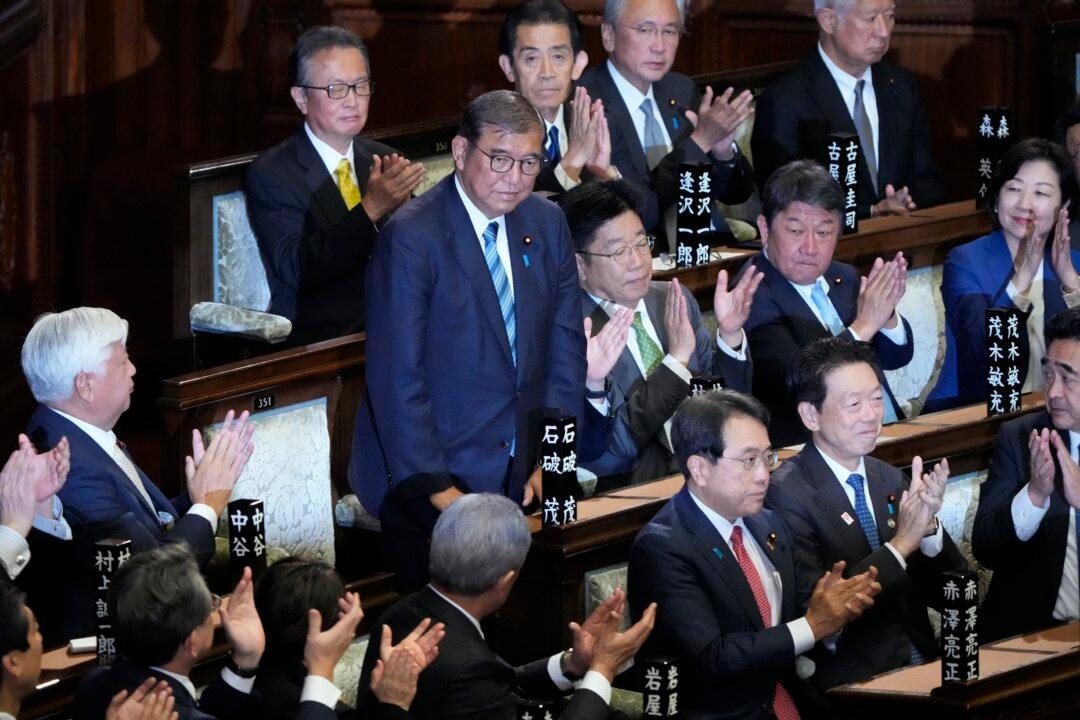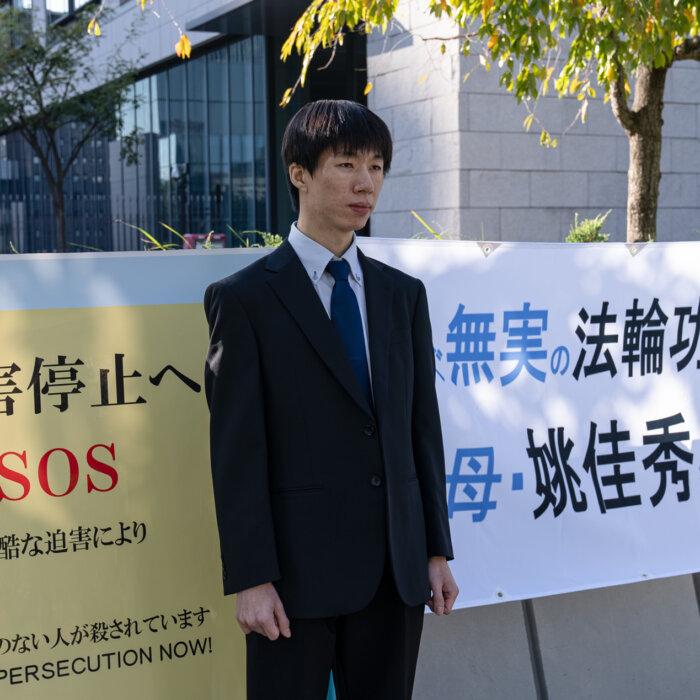Japanese Prime Minister Shigeru Ishiba will continue in the role after he fought off a challenge from the opposition and won a vote in Parliament.
A special session of the Diet met on Nov. 11 to pick a new prime minister in a vote required within 30 days of a general election.
Ishiba, 67, beat opposition leader Yoshihiko Noda in the second round of voting by a vote of 221 to 160 in the first runoff in 30 years.
Ishiba was selected as the LDP’s new leader in September, after Fumio Kishida stepped down following a series of corruption scandals that saw support for the party drop below 20 percent.
In the LDP leadership contest, he defeated Sanae Takaichi, 63, and Shinjiro Koizumi, the 43-year-old son of former Prime Minister Junichiro Koizumi.
In the Oct. 27 general election, the LDP and its junior partner, Komeito, lost their majority in the 465-seat House of Representatives.
A video emerged on Nov. 11 showing Ishiba apparently dozing off during the special parliamentary session.
After last month’s election, Ishiba was forced to replace three Cabinet ministers who lost their seats.
Ishiba reappointed his foreign minister, Takeshi Iwaya, defense minister, Gen Nakatani, and chief Cabinet secretary, Yoshimasa Hayashi.
Ishiba Hoping to Meet Trump
Later this month, Ishiba will be attending the Asia Pacific Economic Cooperation and the G20 summit and is planning to meet President-elect Donald Trump in the United States.On Nov. 9, Ishiba repeated a pledge to beef up Japan’s military and deepen its alliance with the United States.
While speaking at an annual troop review at Camp Asaka in the Tokyo suburbs, Ishiba said the security environment had significantly worsened due to escalating tensions with China, North Korea, and Russia.
He said breaches of Japanese airspace by Chinese and Russian warplanes earlier this year “not only violated Japanese sovereignty but also threatened the safety of Japan and are absolutely unacceptable.”
“As we face the most severe and complex security environment, I will balance and strengthen Japan’s diplomacy and security,” Ishiba said.
After the election result, Ishiba declined to step down, saying he was willing to find additional coalition partners to boost stability and pursue his party’s policies.
‘Listen to Opposition Parties’
Ishiba has been courting the Democratic Party for the People (DPP), a right-of-center party that quadrupled its representation in the lower house of Parliament to 28 in the Oct. 27 election.The DPP is led by Yuichiro Tamaki, whose proposal for raising the basic tax-free income allowance and increasing take-home wages garnered support from younger voters.
However, on Nov. 9, Tamaki said his party would not vote for Ishiba.
“Until now, the LDP and Komeito have been able to push their policies through and they are no longer able to do that, they have to listen to the opposition parties,” he said.
Tamaki, a Harvard-educated former finance ministry official, has said he only wants to cooperate with the ruling party on policy and does not want to be a formal part of the coalition.
Tamaki’s popularity may be hit by a recent article in the tabloid magazine SmartFlash exposing an extramarital affair.
On Nov. 11, Tamaki told a news conference that the magazine story was “basically true.”
“I apologize for the trouble caused. The facts reported this morning are basically true,” he said.







